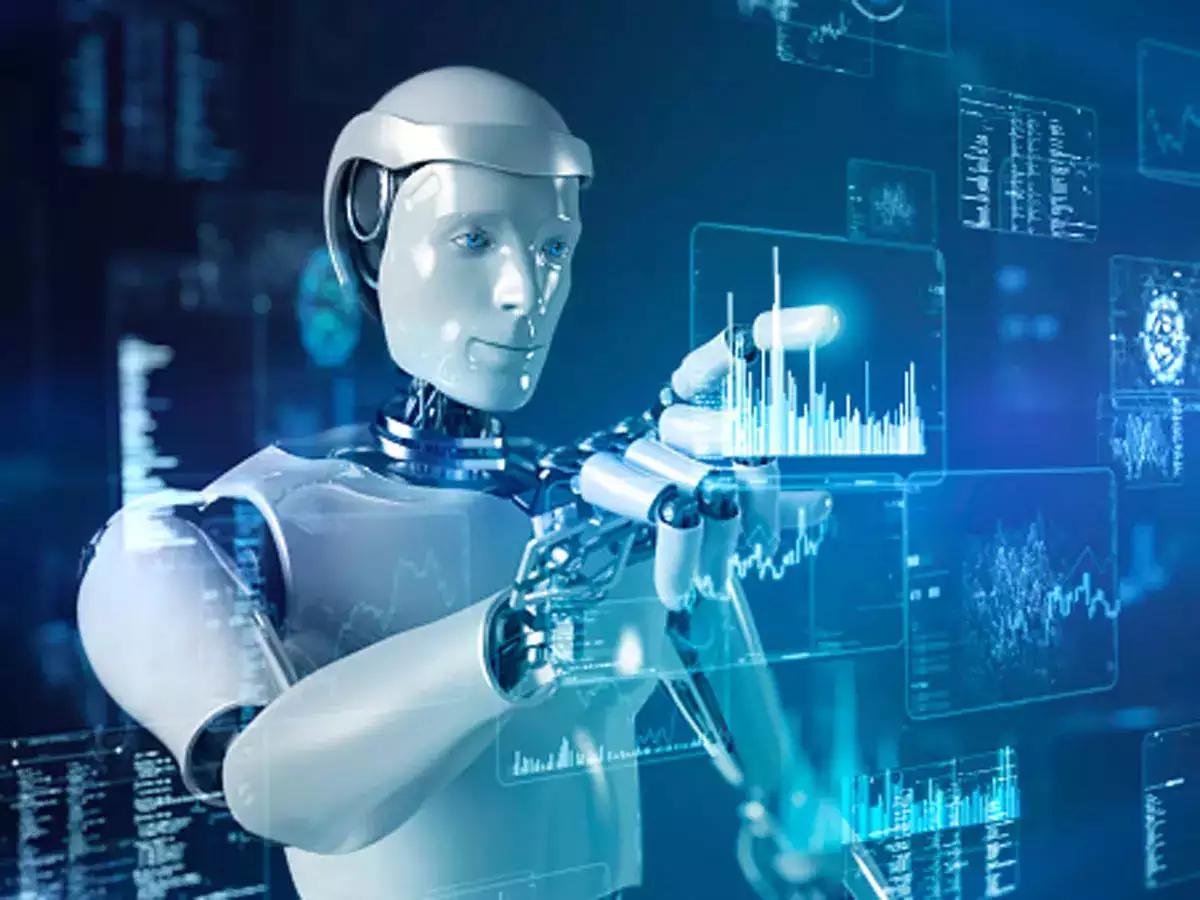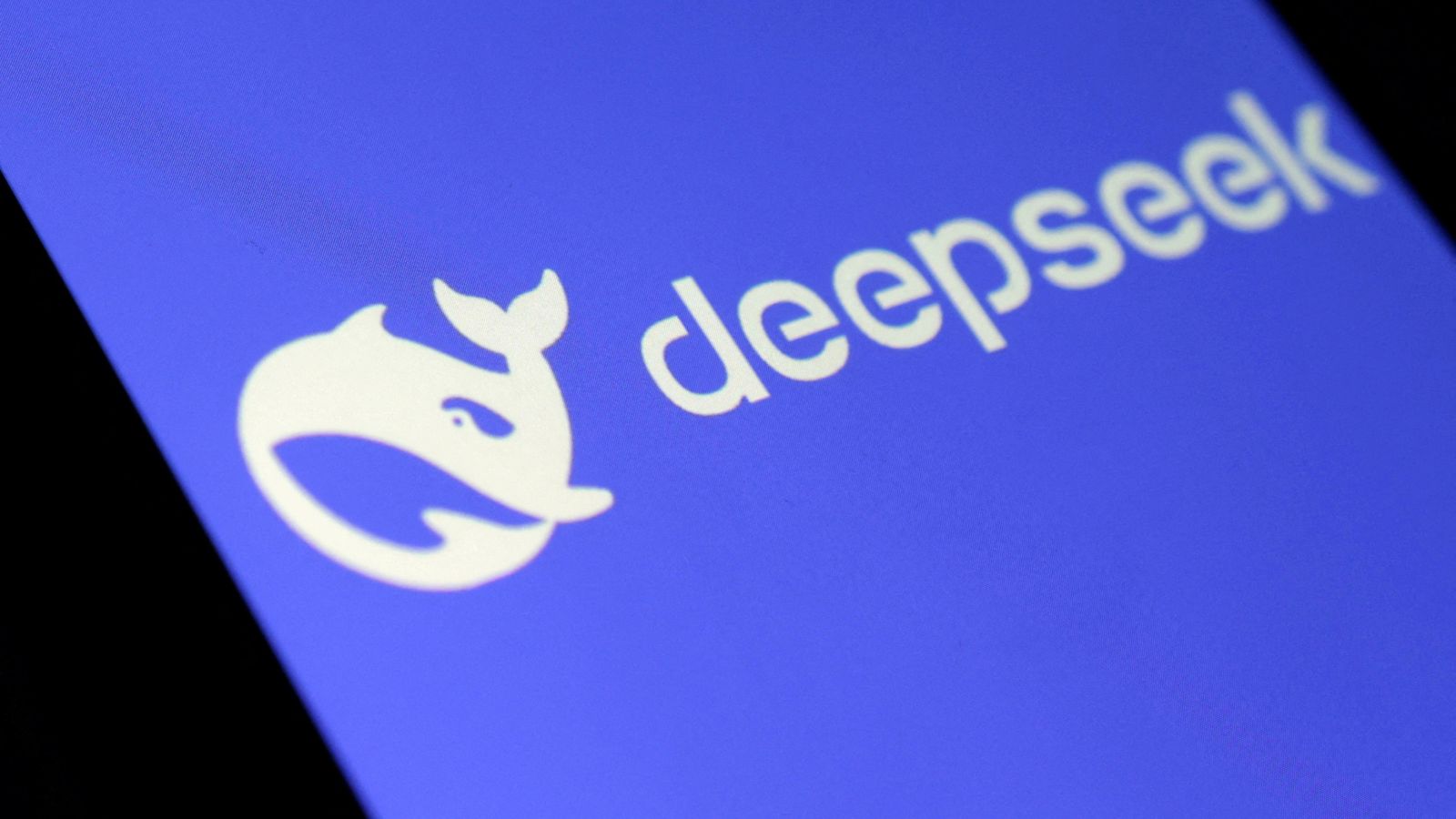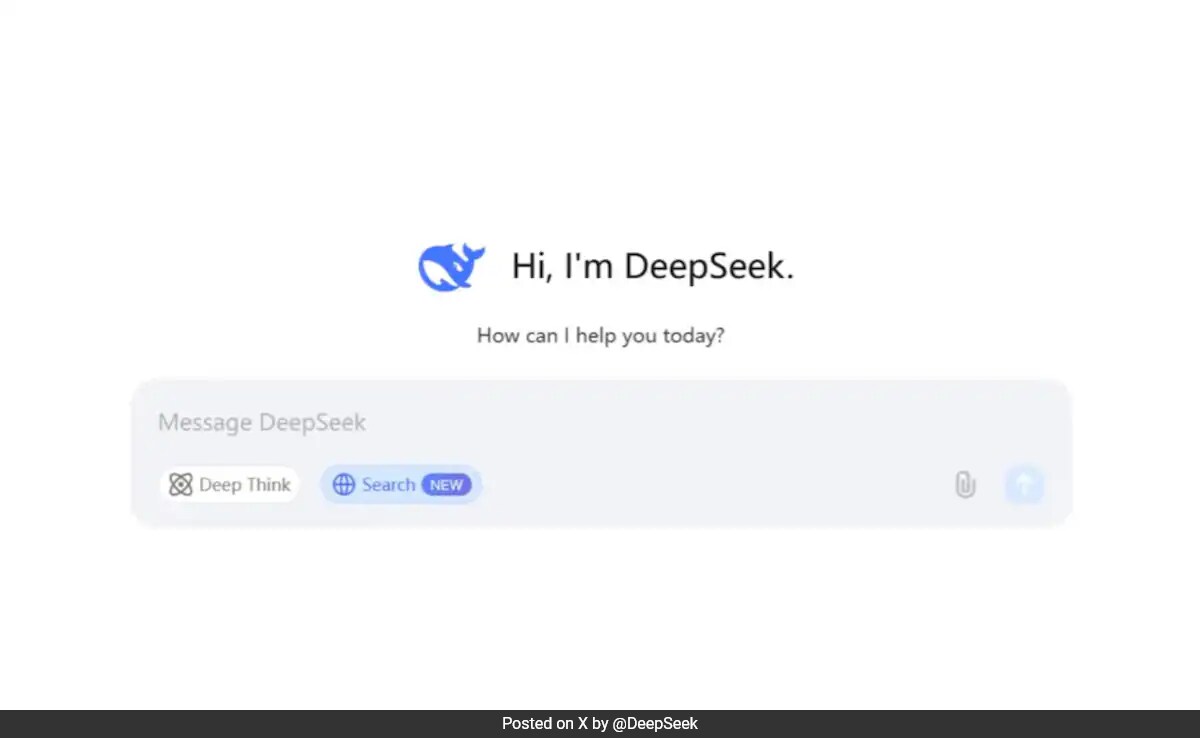
Richard Whittle receives financing from the ESRC, Research England and was the recipient of a CAPE Fellowship.

Stuart Mills does not work for, speak with, own shares in or receive funding from any business or organisation that would take advantage of this article, and has disclosed no pertinent affiliations beyond their scholastic appointment.

Partners
University of Salford and University of Leeds offer financing as founding partners of The Conversation UK.
View all partners
Before January 27 2025, it's reasonable to say that Chinese tech company DeepSeek was flying under the radar. And then it came significantly into view.

Suddenly, everybody was talking about it - not least the shareholders and executives at US tech companies like Nvidia, Microsoft and Google, bytes-the-dust.com which all saw their business values tumble thanks to the success of this AI startup research lab.
Founded by a successful Chinese hedge fund supervisor, the laboratory has actually taken a different method to expert system. Among the significant differences is cost.
The advancement costs for Open AI's ChatGPT-4 were said to be in excess of US$ 100 million (₤ 81 million). DeepSeek's R1 model - which is utilized to generate material, fix reasoning problems and create computer code - was apparently used much less, less powerful computer chips than the likes of GPT-4, leading to expenses declared (however unproven) to be as low as US$ 6 million.
This has both monetary and geopolitical impacts. China goes through US sanctions on importing the most innovative computer system chips. But the truth that a Chinese start-up has had the ability to construct such an innovative model raises concerns about the efficiency of these sanctions, and whether Chinese innovators can work around them.
The timing of DeepSeek's new release on January 20, as Donald Trump was being sworn in as president, signalled an obstacle to US supremacy in AI. Trump responded by describing the moment as a "wake-up call".
From a financial point of view, asteroidsathome.net the most noticeable result may be on consumers. Unlike rivals such as OpenAI, which just recently started charging US$ 200 each month for access to their premium designs, DeepSeek's similar tools are currently totally free. They are likewise "open source", enabling anybody to poke around in the code and reconfigure things as they want.
Low costs of advancement and efficient usage of hardware appear to have afforded DeepSeek this cost benefit, and have actually already forced some Chinese competitors to reduce their prices. Consumers should expect lower costs from other AI services too.
Artificial investment
Longer term - which, in the AI industry, can still be incredibly soon - the success of DeepSeek might have a huge impact on AI financial investment.
This is due to the fact that so far, asteroidsathome.net nearly all of the huge AI business - OpenAI, Meta, Google - have been struggling to commercialise their models and be profitable.
Previously, this was not necessarily an issue. Companies like Twitter and Uber went years without making revenues, prioritising a commanding market share (lots of users) rather.
And chessdatabase.science business like OpenAI have actually been doing the exact same. In exchange for constant financial investment from hedge funds and other organisations, they promise to build a lot more powerful designs.
These designs, the organization pitch probably goes, will enormously improve performance and then profitability for services, which will wind up pleased to spend for AI products. In the mean time, all the tech business require to do is gather more information, purchase more powerful chips (and more of them), and develop their models for longer.
But this costs a great deal of money.
Nvidia's Blackwell chip - the world's most powerful AI chip to date - costs around US$ 40,000 per system, and AI companies typically require 10s of countless them. But already, AI companies haven't truly struggled to draw in the required financial investment, even if the amounts are substantial.
DeepSeek may alter all this.
By showing that developments with existing (and maybe less innovative) hardware can accomplish comparable efficiency, it has given a caution that tossing cash at AI is not guaranteed to pay off.
For example, prior to January 20, it may have been presumed that the most sophisticated AI designs need huge data centres and other infrastructure. This suggested the likes of Google, Microsoft and OpenAI would face restricted competitors since of the high barriers (the huge expenditure) to enter this industry.
Money concerns
But if those barriers to entry are much lower than everyone believes - as DeepSeek's success recommends - then many enormous AI investments all of a sudden look a lot riskier. Hence the abrupt result on huge tech share prices.
Shares in chipmaker Nvidia fell by around 17% and ASML, which creates the machines required to make innovative chips, also saw its share cost fall. (While there has actually been a small bounceback in Nvidia's stock rate, it appears to have settled below its previous highs, showing a brand-new market truth.)

Nvidia and ASML are "pick-and-shovel" companies that make the tools required to create an item, elearnportal.science rather than the item itself. (The term comes from the concept that in a goldrush, the only person ensured to earn money is the one selling the choices and shovels.)
The "shovels" they offer are chips and chip-making devices. The fall in their share rates originated from the sense that if DeepSeek's much less expensive technique works, the billions of dollars of future sales that investors have actually priced into these business might not materialise.
For the similarity Microsoft, Google and Meta (OpenAI is not publicly traded), the expense of structure advanced AI might now have actually fallen, suggesting these companies will have to spend less to remain competitive. That, for them, might be a good idea.
But there is now question as to whether these business can successfully monetise their AI programmes.

US stocks comprise a traditionally big portion of worldwide investment today, and technology business comprise a historically large portion of the worth of the US stock market. Losses in this market may force investors to sell other investments to cover their losses in tech, causing a whole-market downturn.
And it should not have actually come as a surprise. In 2023, a leaked Google memo warned that the AI industry was exposed to outsider disruption. The memo argued that AI companies "had no moat" - no security - versus competing models. DeepSeek's success might be the evidence that this is real.









